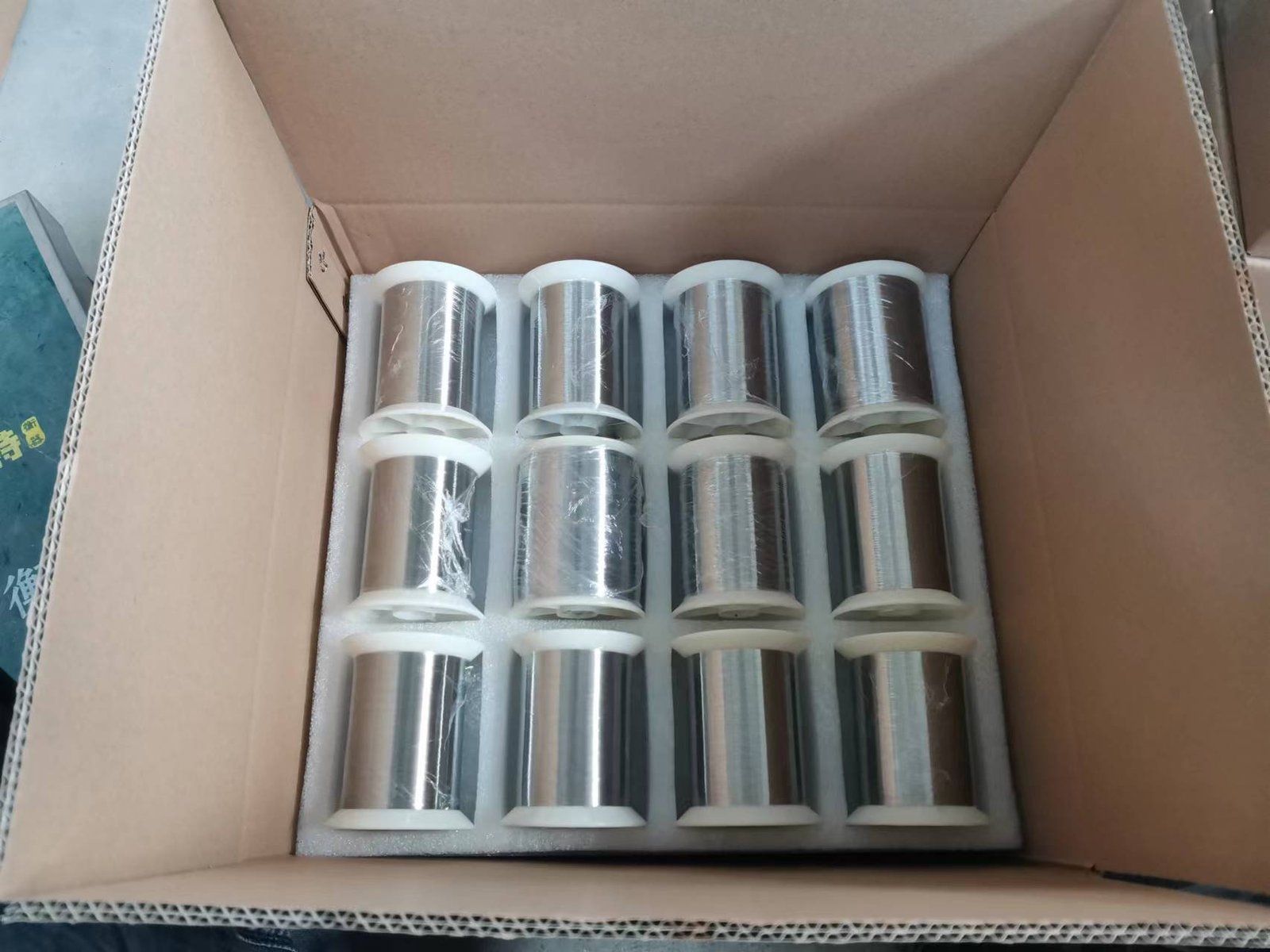
Here are key characteristics and aspects of stainless steel wire:
Alloy Composition: Stainless steel wire is typically made from an alloy of iron, chromium, nickel, and other elements. The specific alloy composition can vary, and different grades of stainless steel are designed for different applications.
Corrosion Resistance: One of the primary advantages of stainless steel wire is its excellent resistance to corrosion. The presence of chromium in the alloy forms a passive oxide layer on the surface, protecting the wire from rust and corrosion even in challenging environments.
Strength and Durability: Stainless steel wire exhibits high tensile strength and durability. This makes it suitable for applications where a strong and resilient material is required, such as in construction, manufacturing, and various industrial processes.
Versatility: Stainless steel wire is versatile and can be used in a wide range of applications. It is commonly employed in industries such as construction, automotive, aerospace, medical, electronics, and more.
Temperature Resistance: Stainless steel wire can withstand high temperatures, making it suitable for applications in environments with elevated heat. This property is particularly valuable in industries like aerospace and manufacturing.
Electrical Conductivity: Depending on the specific grade, stainless steel wire can exhibit good electrical conductivity. This makes it suitable for use in electrical and electronic applications.
Various Forms and Sizes: Stainless steel wire is available in different forms, including round wire, flat wire, and shaped wire. It is also produced in various sizes and diameters to meet specific application requirements.
Surface Finish: Stainless steel wire can have different surface finishes, such as bright finish or matte finish, depending on the intended use and aesthetic preferences.
Applications: Stainless steel wire is used in a wide range of applications, including but not limited to wire mesh, springs, cables, fasteners, welding electrodes, medical instruments, and more.
The selection of a specific grade of stainless steel wire depends on the intended application, considering factors such as corrosion resistance, strength, and other mechanical properties required for the task at hand.
